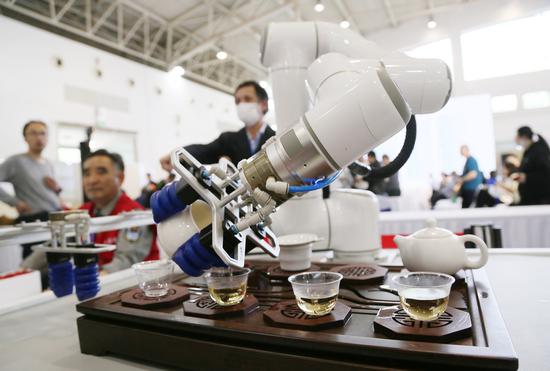
A robot serves tea to visitors during a tea expo in Beijing in April. (WU CHANGQING/FOR CHINA DAILY)
China's pursuit of new quality productive forces, which are characterized by innovation, digitalization and high-end technology, is injecting new momentum into the country's catering industry.
Evidence of this was found on a recent morning at the entrance/exit of Niujie subway station in Beijing, where a pancake vending machine busily made and served jianbing (savory pancakes). Passengers, passersby and local residents lined up to place orders using the machine's screen and scanned the QR code to pay.
After payment was done, a pancake-making robot at the back of the vending machine automatically spread the pancake, added a fried egg, turned the pancake over, dabbed the sauce using a brush and added the seasoning. Some three minutes later, the hot pancake was packed into a bag and delivered to the consumer. The entire process is automated.
"The jianbing tastes fine, almost like the handmade ones," said a consumer. "But there are places where the sauce is not evenly spread."
By 11 am, the pancakes were all sold out and a staff member appeared on the scene to carry out maintenance work on the machine.
"The pancake vending machine is still in trial operations, and the daily yield rate is limited. The pancake-making robot can analyze and learn from existing data after work every day. When the vending machine is officially put into full-fledged use, it should be capable of making 400 pancakes a day," said the staff member.
Restaurants in the city are also applying cutting-edge technologies to increase efficiency and cut costs. For example, around noon on weekdays, Yummy Health, a restaurant that has digitalized most of its operations, located in the Galaxy Soho area of Beijing, employs a robot to stir-fry certain foods.
Yummy Health mainly serves light meals, most of which are delivered to white-collar workers in the area. Chen Yun, its founder, said the robot is bringing real benefits.
"The simplest quick dish can be cooked in about 90 seconds, while chicken curry, which is the most time-consuming dish that our restaurant prepares, now takes only five minutes. A stir-fry robot costs about 50,000 yuan ($6,907), but if you recruit a chef, the cost will be nearly 100,000 yuan per year. Mind you, the robot is still far from reaching its full capacity," Chen said.
The robot has already replaced two cooks and one dish deliveryman. With only three staff members and two temporary workers, the restaurant is now capable of producing over 100 dishes every noon.
The beverage sector is also further integrating high-end technology and automated devices into its operations. During the 4th China International Consumer Products Expo held in Haikou, Hainan province, a wide range of smart tea-making devices were on display. Chinese drink chain Heytea showcased a split-type intelligent tea machine capable of producing a bottle of new-style milk tea in three seconds flat.
The device is Heytea's latest effort to automate milk tea production. Other smart devices include intelligent scales, smart tea dispensers, automatic peeling machines, corers, lemon squeezers, dicers, and intelligent steaming and boiling machines. From raw material preparation and management to tea blending, the production efficiency has improved a great deal, said Heytea.
Take the automatic peeling machine for example. In the past, manual peeling of a basket of grapes took about 15 minutes. Now, the peeler machine takes just around a minute — and pulp retention is more complete. The intelligent tea machine completes the production of a cup of tea in as quickly as four seconds, the company claimed.
According to a report from Guangzhou-based Bright Media, Heytea's self-developed smart solution is comprehensive and refines the steps of tea-making, with each step expected to be accomplished by an intelligent device. There are also tea beverage makers that prefer rather "small and exquisite" solutions — using smart devices in tandem with automated scheduling systems — for more flexibility.
To enable corporate workers to better coordinate with intelligent tea-making machines, tea beverage makers have even established professional teams, recruiting mechanical and electrical engineers to design and develop in-house smart devices. This has allayed concerns that new-age automation technology could increase unemployment in society.
According to a report published by the National Bureau of Statistics on April 16, in the first quarter of this year, total sales revenue of China's catering industry totaled 1.34 trillion yuan, up 10.8 percent year-on-year. Sales revenue of catering enterprises that are above a designated size jumped 9.2 percent year-on-year to 355.1 billion yuan.
"In the first quarter, sales revenue of China's catering industry accounted for 11.2 percent of the total retail sales of consumer goods. The growth rate of the industry outpaced that of the latter by 6.1 percentage points. Given the recovery of normal production and life, and supportive policies, the catering industry has been rapidly reviving, demonstrating strong resilience and great vitality," said Yang Liu, head of the China Cuisine Association.
According to a report from the association, with the further improvement of digital infrastructure, the trend of smart devices and appliances is ubiquitous, including in supply chains, corporate management, marketing and customer service.
Another report jointly issued by China Galaxy Securities and Huibo Research showed that China's digitalization-empowered service consumption is entering the 2.0 phase. Technologies like artificial intelligence, virtual reality and augmented reality are going beyond the limitations imposed by time and space, satisfying personalized consumption demand and increasing corporate operational efficiency.
Zhu Danpeng, an independent food and beverages analyst based in Guangzhou, said that China's catering industry is still resilient and promising. The total income of the industry reached 5.3 trillion yuan last year, and the figure was estimated to surpass 6.2 trillion yuan this year. It is expected that the industry will evolve toward a stage with a size of 10 trillion yuan in three years.
"Currently, China's catering market has become a core market for Fortune Global 500 firms. The market potential and market size are undeniable. With catering consumption demand constantly rising, the market is forecast to further expand," he said.
During the May Day holiday from April 29 to May 3, the catering industry is expected to continue its growth momentum, the CCA said.
"While enterprises are placing emphasis on boosting consumption and innovating in consumption scenarios, they would do well to pay attention to potential problems that may arise in areas like safety production, food quality, clear pricing and wastage," Yang from the CCA said.








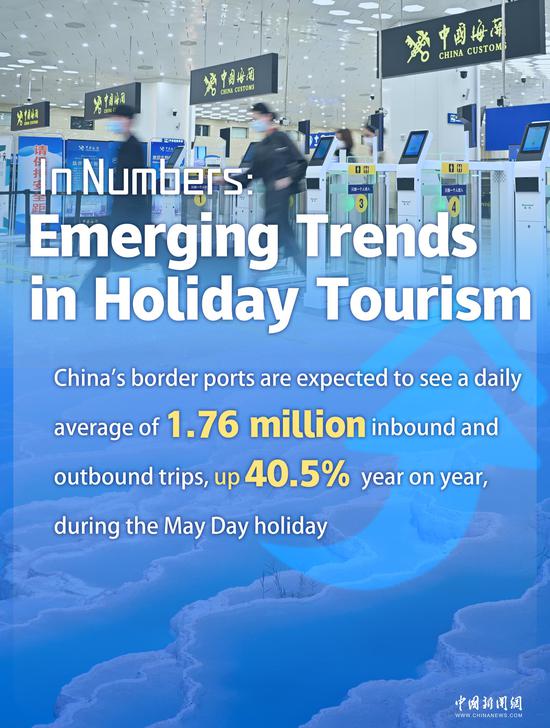


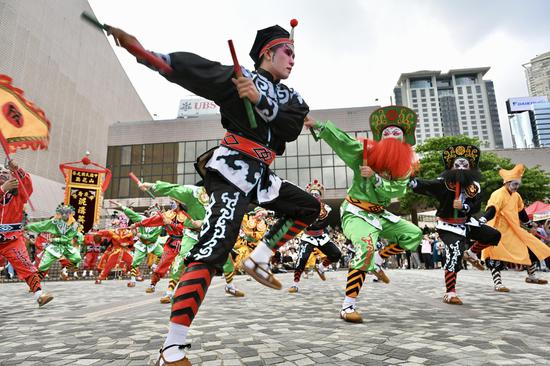

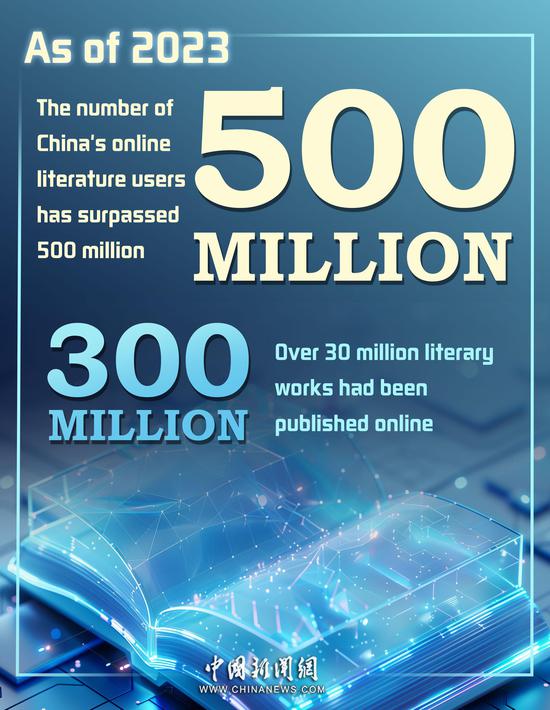
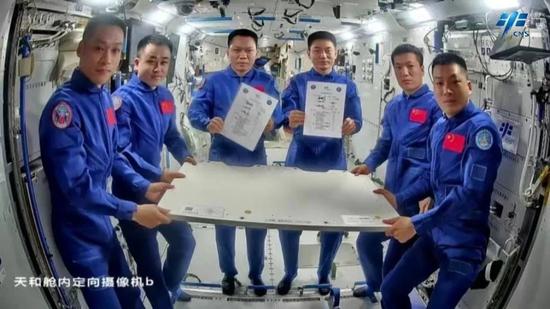

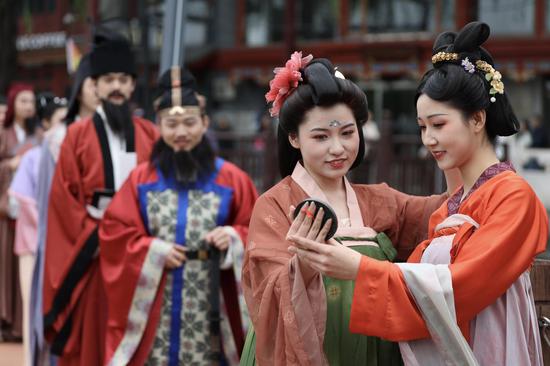
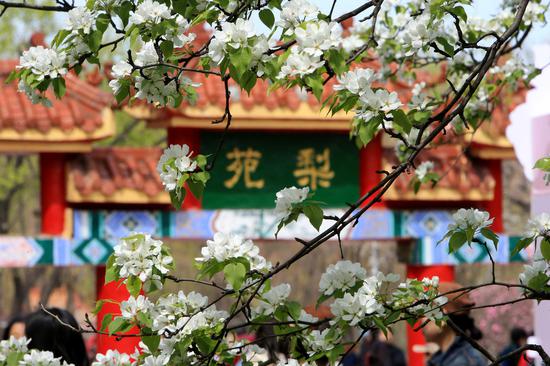
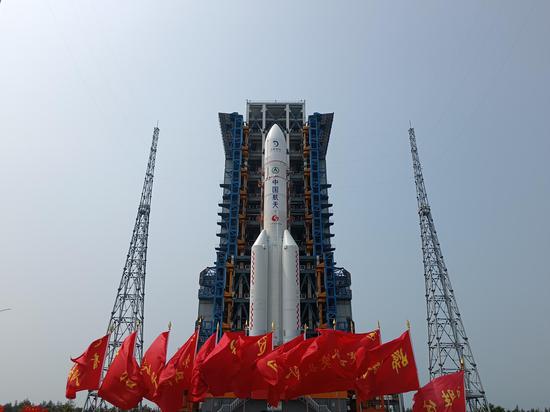
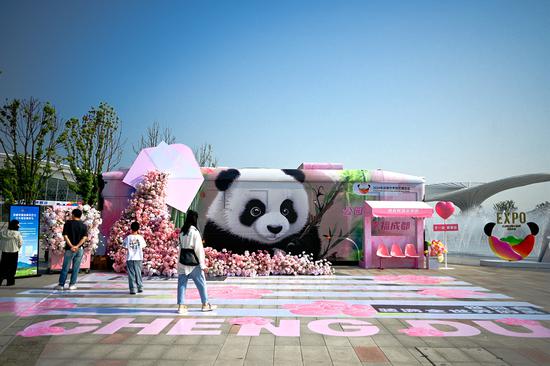

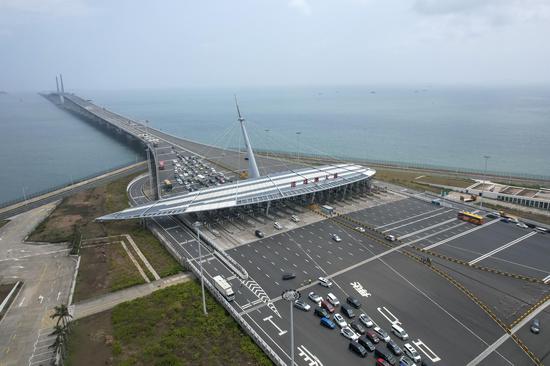

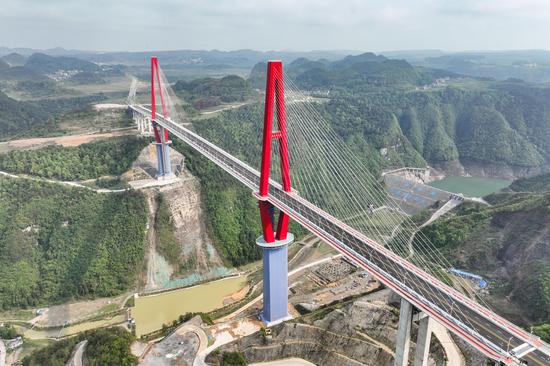
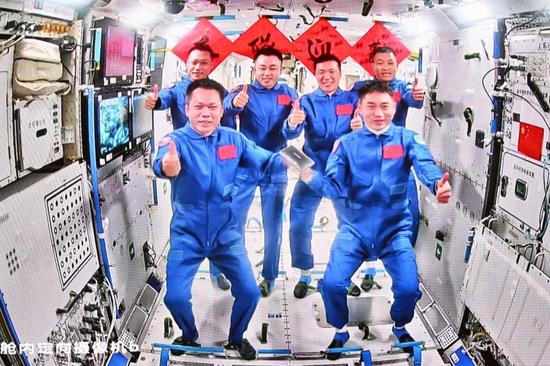
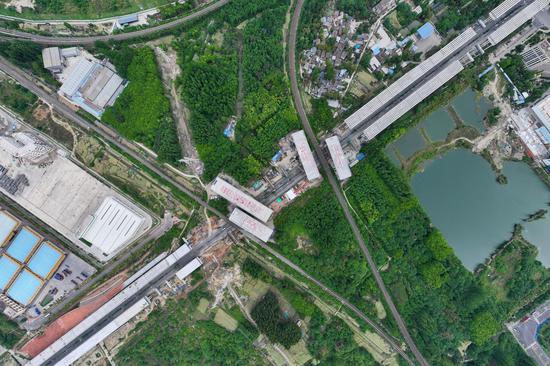

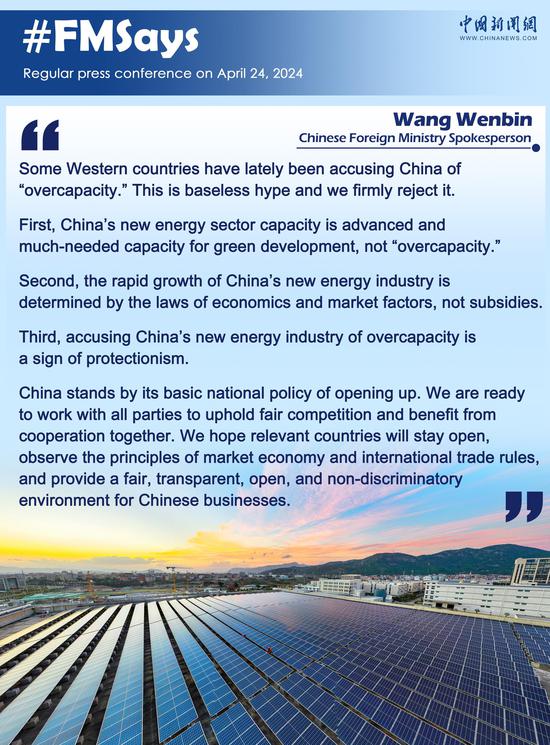
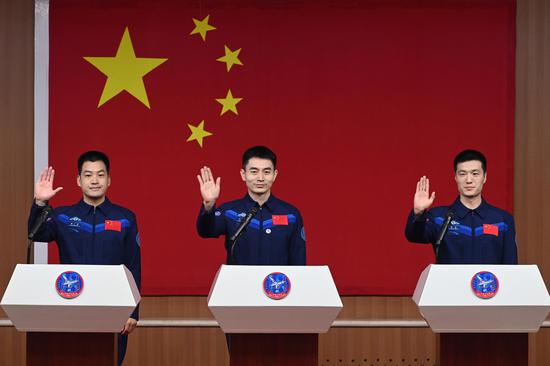
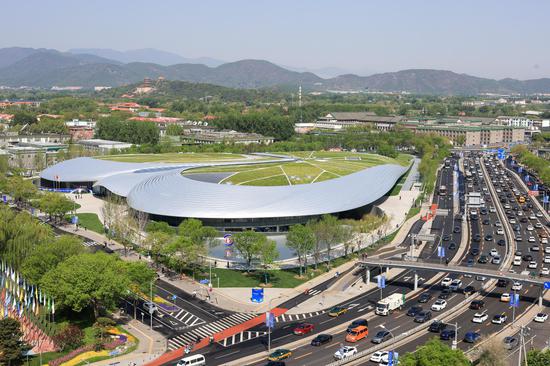
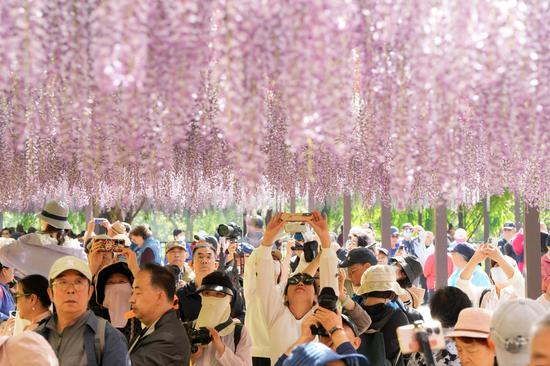
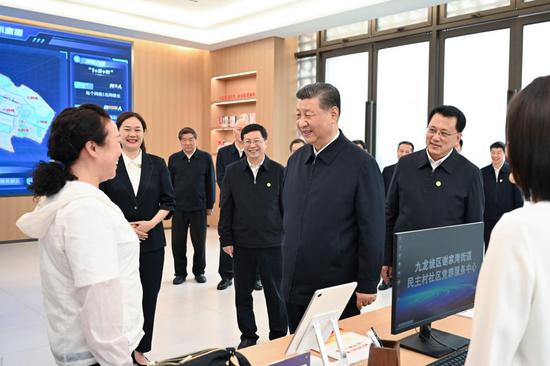
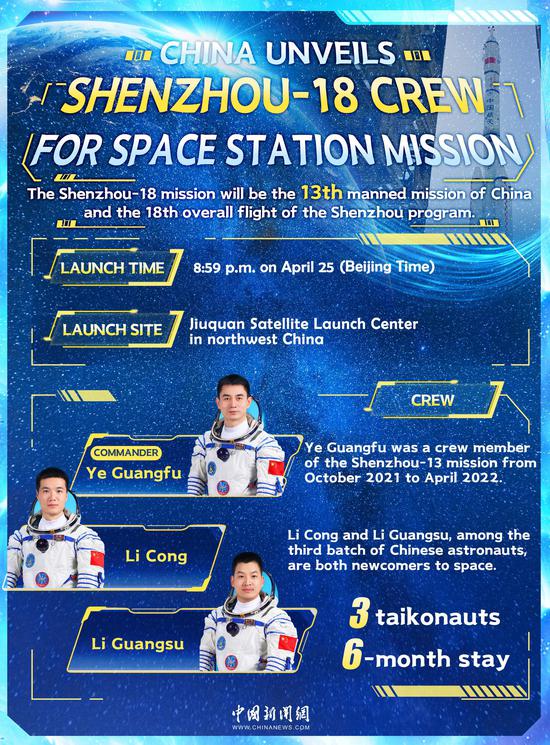
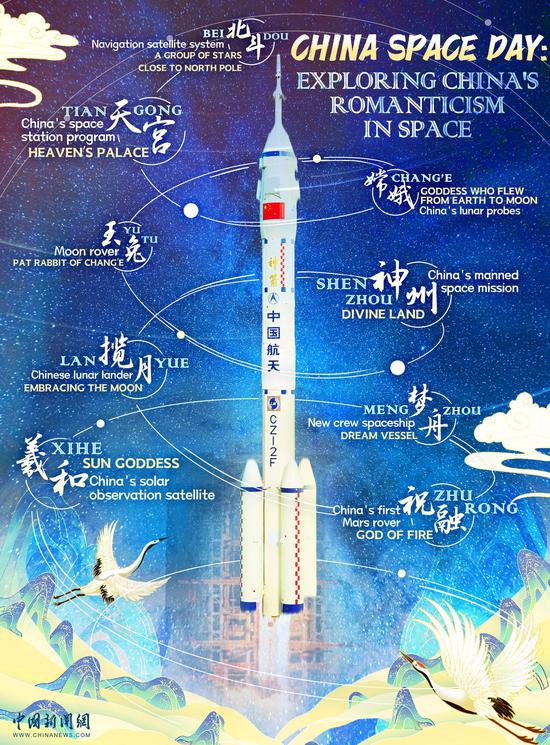
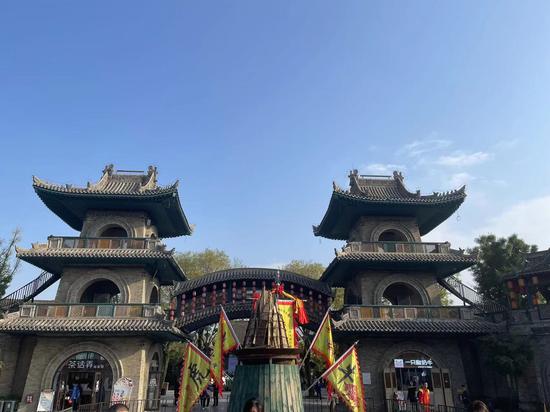
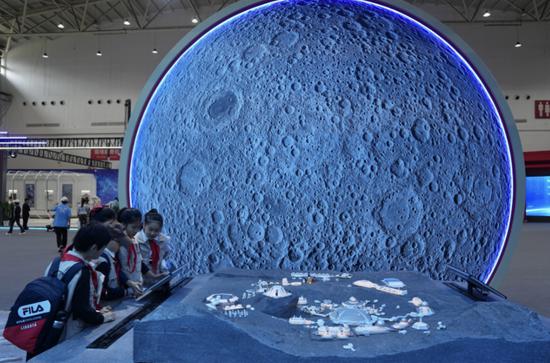
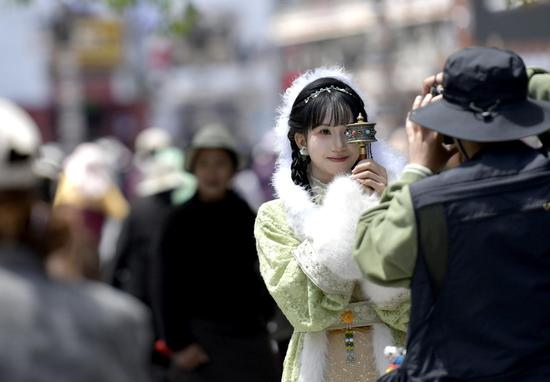
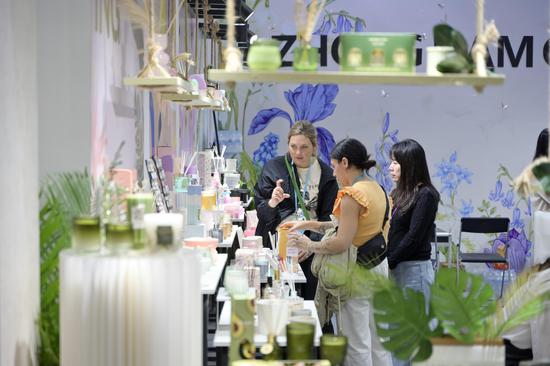



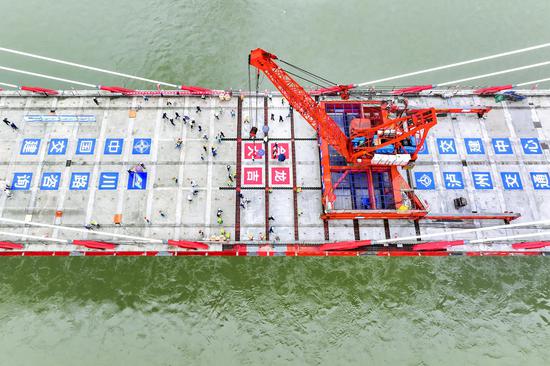

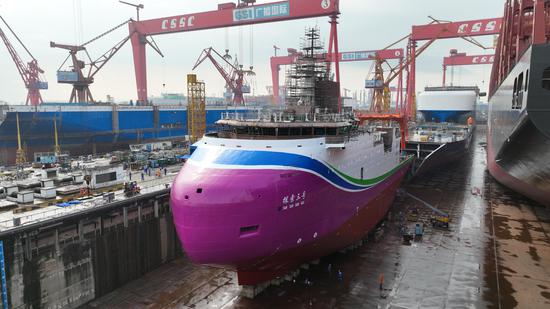
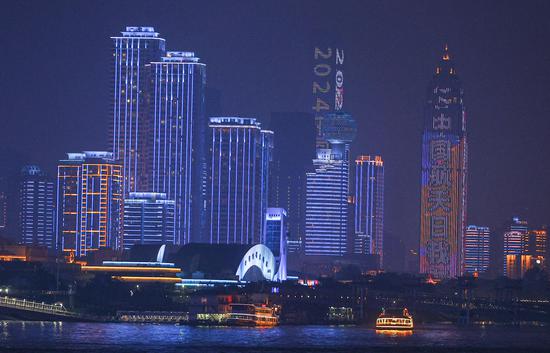



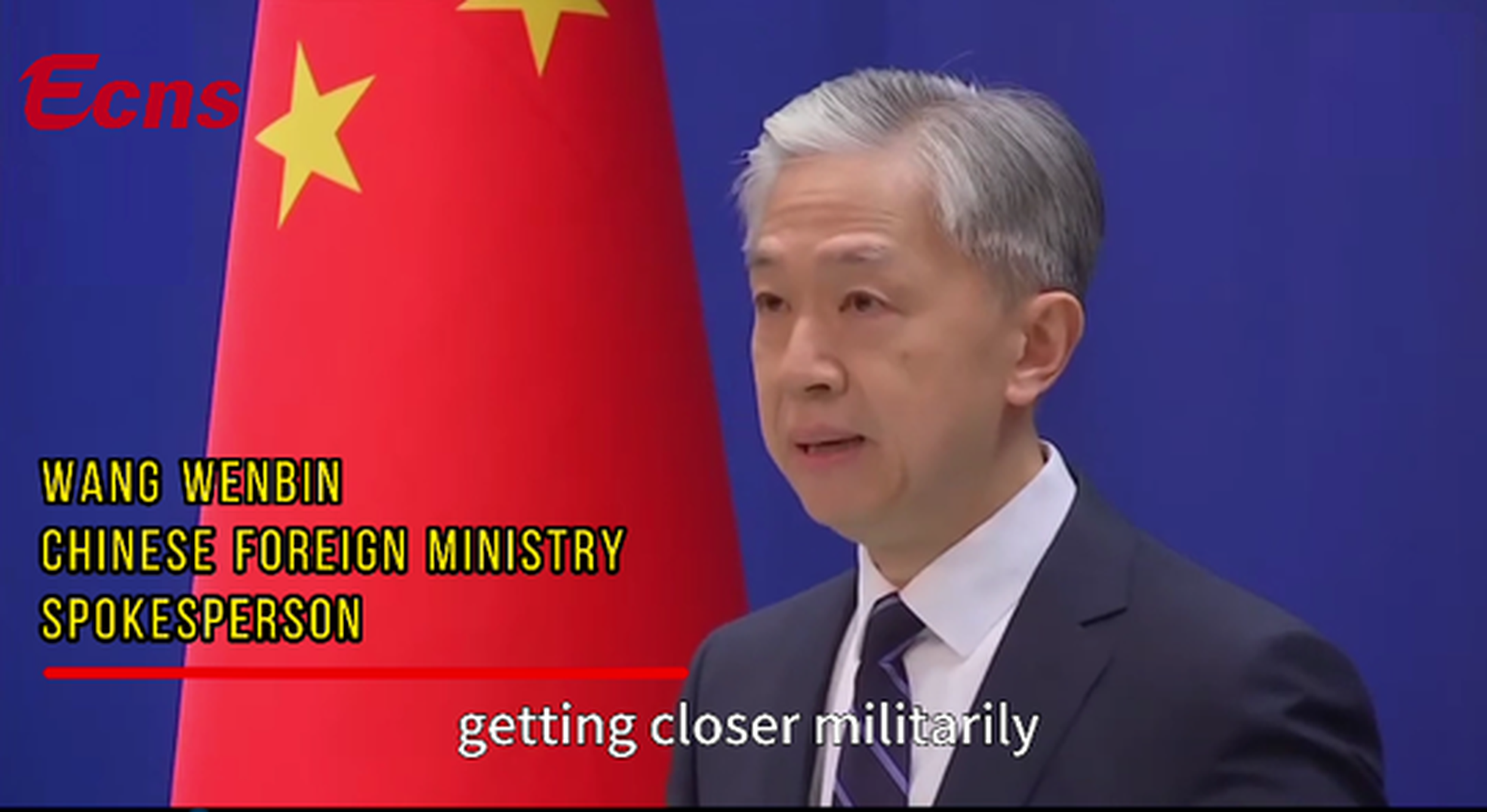

 京公网安备 11010202009201号
京公网安备 11010202009201号